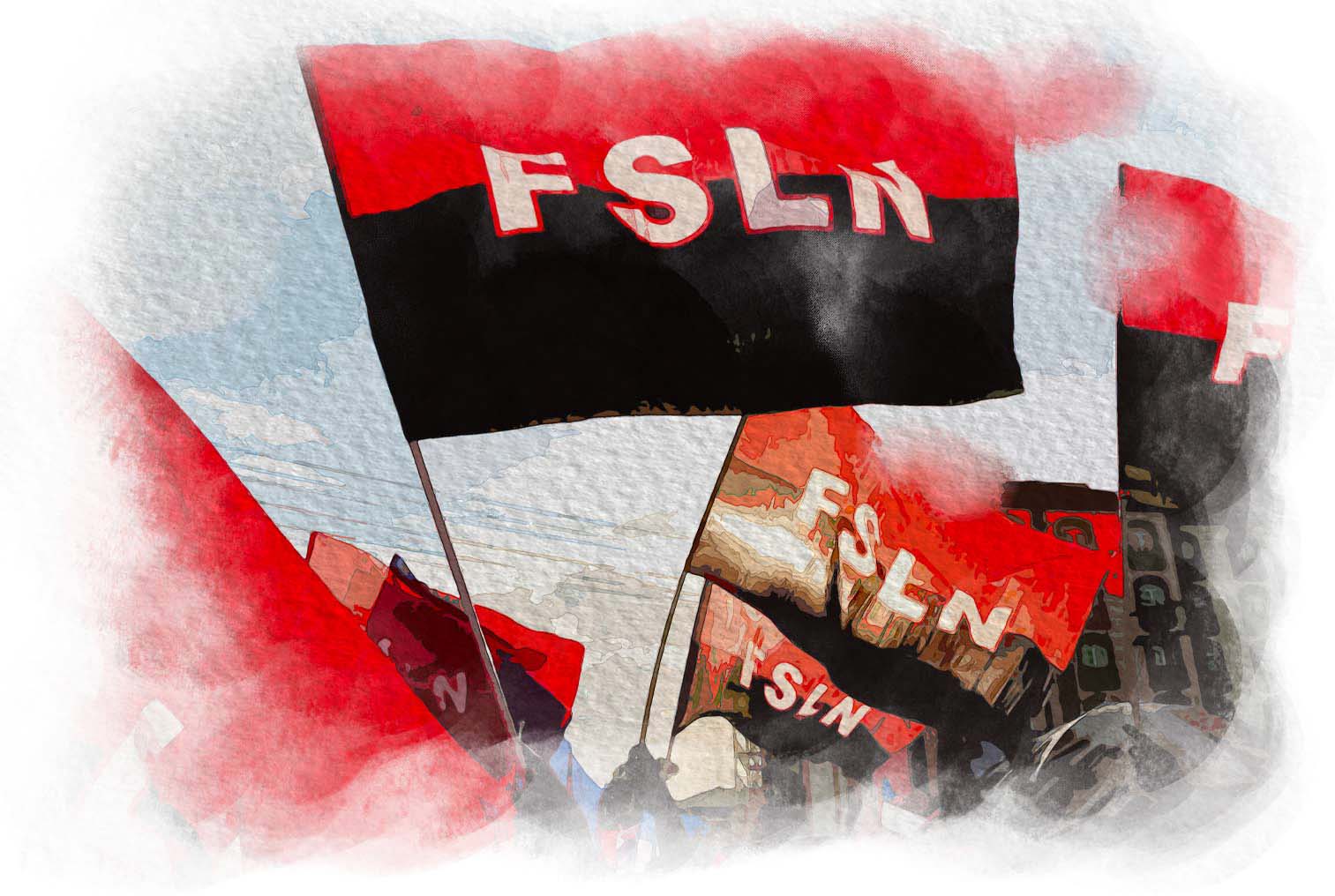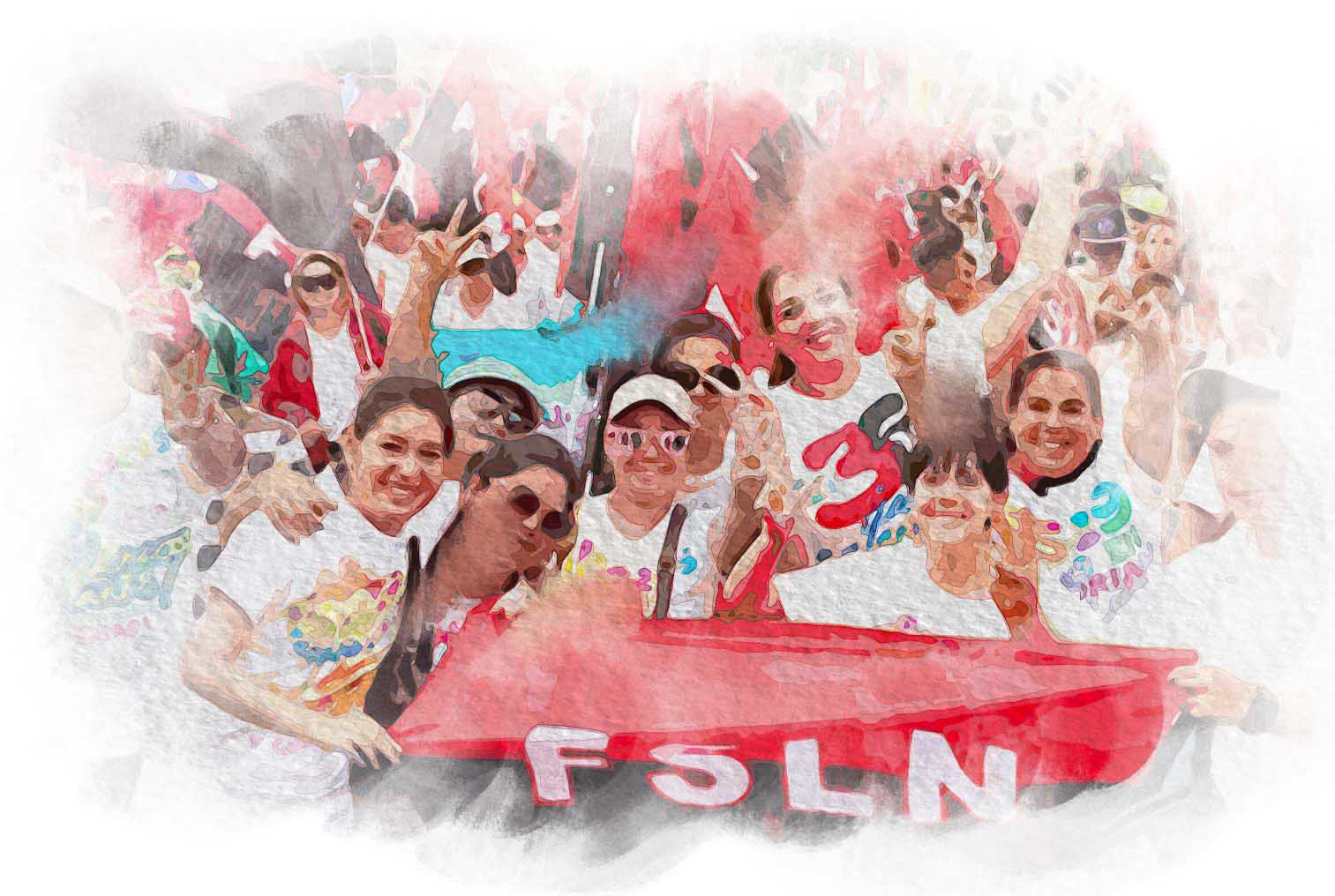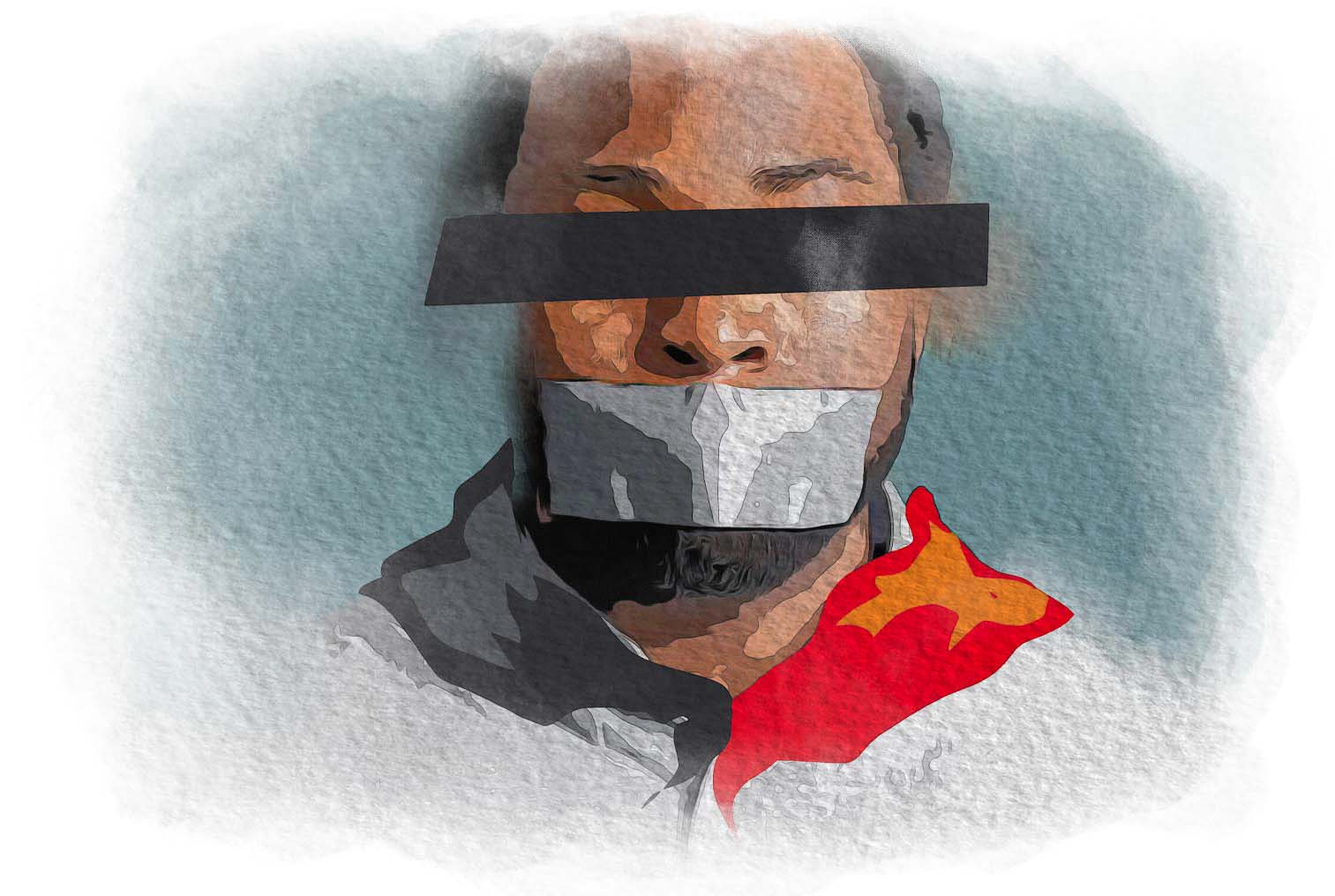There were 222 political prisoners on the February 9 flight. 222 stories intertwined by the opposition to the Ortega-Murillo regime, but also 222 different stories of uncertainty in the face of their banishment to Dulles, Washington, where they were received by the U.S. State Department.
I remember that the day after the landing, outside the Westin Hotel, it was a clear winter day, with the wind making it even colder. Antonio would occasionally come out of his room for a smoke, wearing a coat he had found the night before in the donations set out for them by non-governmental and religious organizations.
He did not speak to anyone, he looked around warily; he looked like an alert prey, a child abandoned to a new reality: banishment in a country that he had been taught in his youth, during his training as a Sandinista, was the enemy, the empire of the oppressive Yankee.
Almost a year after that morning, Antonio tells me that the three days in the hotel were very strange: he went from sleeping on a cement bed in the cell to a room in which he had hot water, a TV and a comfortable bed.
"Despite the fact that it was a fancy room, I couldn't sleep any of the nights we were there. In El Chipote they had gotten us used to tranquilizers. That's what it was: everyone was awake. After those days when we left the hotel, the first thing was to look for support to buy medicines because I am chronically ill. I went to San Francisco and I had to learn to move around, use the map, find addresses and look for a job", says the man.
It was difficult. Although Latinos make up nearly 15% of San Francisco's population, Spanish doesn't flow as much through its steep streets as Antonio wished it did. "I speak a little English, it helped me a little, but it was very difficult. For the first six months I was living on the help my family and friends gave me. The hardest part is being alone, being traumatized and spending time thinking, trying to figure out what happened to me, who did this to me... it's exhausting," he says.
Antonio moved to Los Angeles and he had to relearn how to use public transportation, navigate the streets of L.A. and get a part-time job that has allowed him to survive.
He had to adapt to a life that, under Sandinismo, he was told was "savage capitalism". But after his banishment, that was a laughable thought when he recalled the first months of confinement that his captors, that is, his own sandinista "comrades", put him through: "I don't think that they were only cruel to me, I think that all of us in El Chipote were given standard treatment. In my case I was isolated in a nauseating dungeon for two months, smelling shit 24 hours a day, with no ventilation and no natural light," Antonio says. It is not difficult to detect annoyance and resentment in his tone.
I ask him if after all this experience he questions his old Sandinista militancy. He remains silent for a minute. He takes a breath. He is honest: "Of course I do... one has to make an introspective reflection. But in a country like this and in the reality I am in, the need for survival imposes itself. And then, as you gradually move on in life, you have to start looking for a job, searching for ways to pay the rent and pay for food. Then you have less time to think about those things. But of course, I can no longer think of the government as I did before. I hope people will open their eyes. That the opposition unites. That gringos stop backing him (Ortega) up and that we can do something to get rid of them. Although I do tell you, with much regret, that there is no peaceful way out of this government. There has to be another popular rebellion, another bloodbath for people to wake up. I hope not, but I am not so optimistic about that".
- I would like to insist, Antonio, do you still feel like a Sandinista?
- Well yes, because I dedicated 46 years of my life to Sandinismo. I consider myself a Sandinista on the verge of extinction. There is no generational replacement and I sincerely do not expect Sandinismo to survive as a political force after Ortega. If Sandinismo continues to exist, it would do another great harm to Nicaragua. What we lived through was the detour to a total tyranny, worse than that of Somoza. That can never lead you to anything good and sooner rather than later it will be reversed.
***





